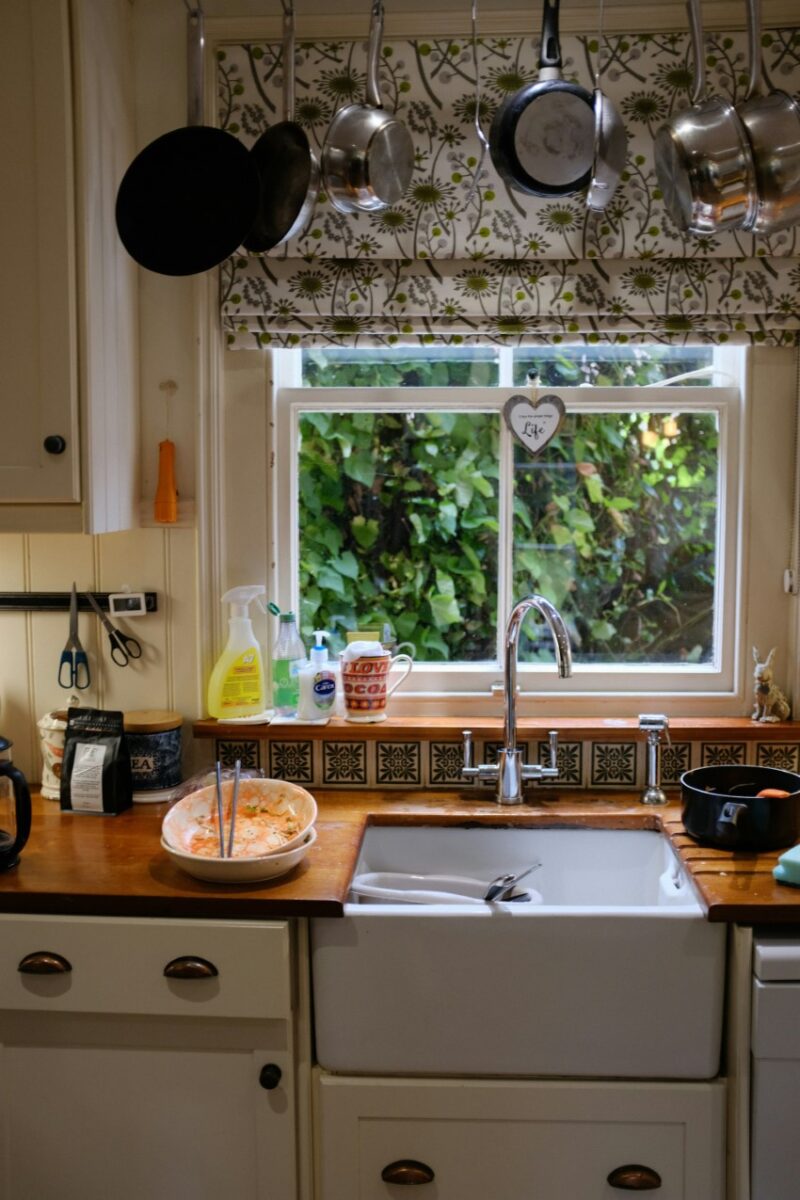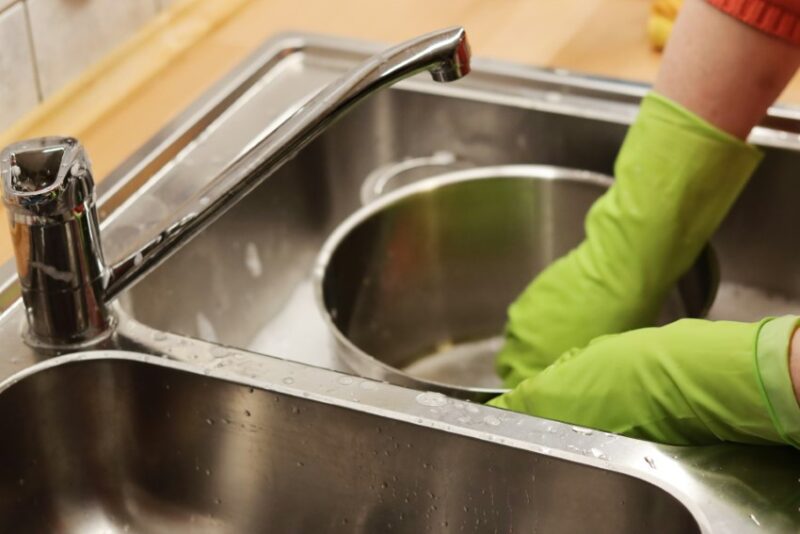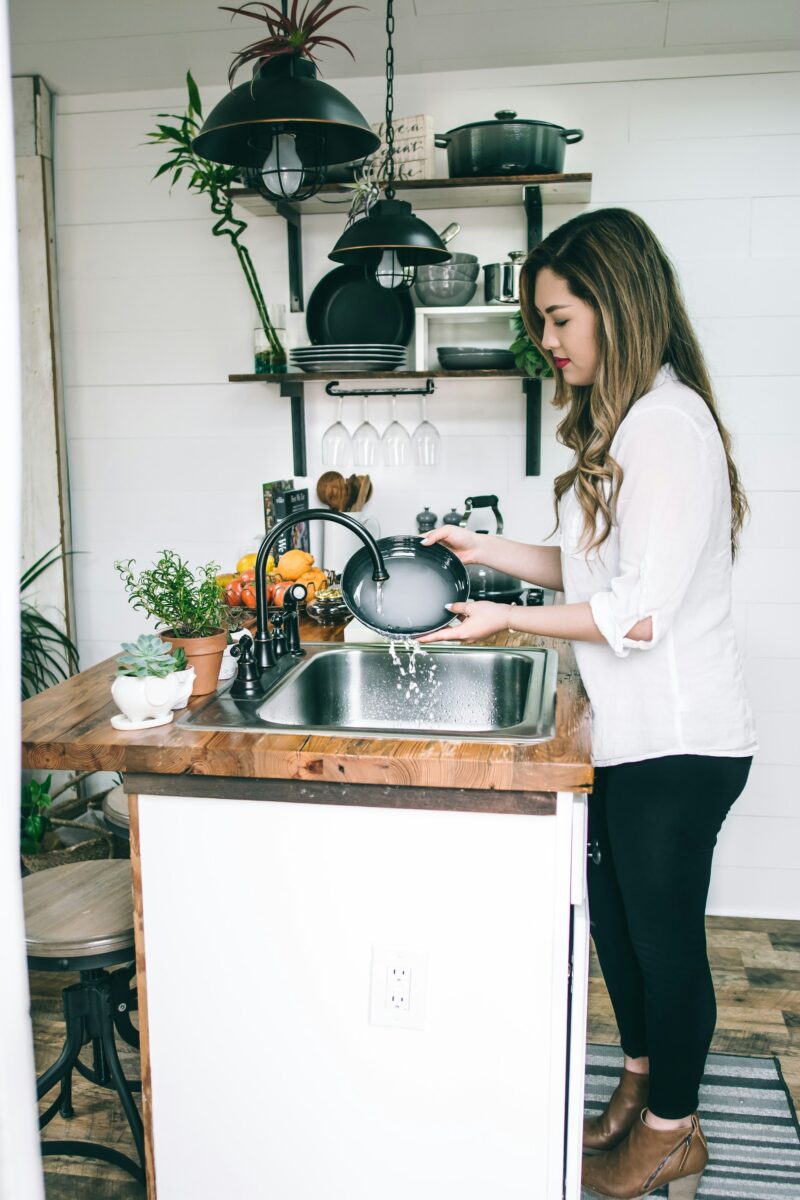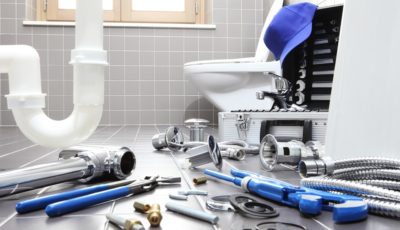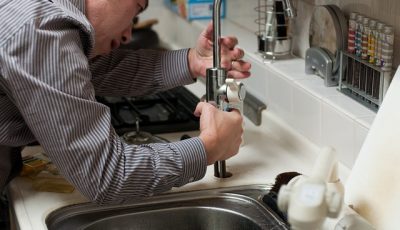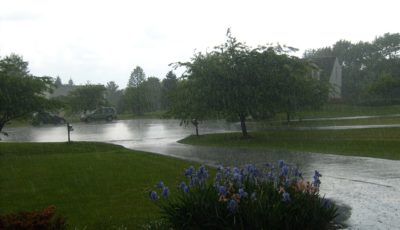The Impact of Grease and Oils on Your Drainage System
In the realm of household maintenance, the adverse effects of grease and oils on your drainage system represent a critical yet often overlooked concern. These seemingly harmless substances can, over time, wreak havoc on the functionality and longevity of your plumbing infrastructure. This article will explore the insidious nature of grease and oil deposits, illustrating how they contribute to blockages, corrosion, and a host of other plumbing nightmares. The aim is to enlighten homeowners and anyone who enjoys cooking on the importance of proactive measures to preserve the health of drainage systems, thus avoiding costly repairs and ensuring a smooth, uninterrupted flow within the hidden veins of our homes and workplaces.
Causes of Grease and Oil Build-Up
Before delving into the impacts, it is crucial to understand how and why grease and oils accumulate in our drainage systems. These substances are typically introduced through daily household activities such as cooking, cleaning, and personal hygiene. While hot oil may appear liquid when poured down a drain, it solidifies upon cooling and builds up over time, lining the interior of plumbing pipes.
Once within the drainage system, grease and oil act as magnets for other debris such as food particles, hair, and soap scum. As these materials accumulate alongside grease and oils, they create a sticky sludge that slows down water flow. In turn, this leads to clogs and backups, which may cause severe damage to pipes and plumbing fixtures.
Negative Effects of Grease and Oil on Drainage Systems
One of the most immediate consequences of grease and oil build-up in drainage systems is clogged drains. As the substances solidify, they narrow the diameter of pipes, restricting water flow. This obstruction can also cause backflow, where wastewater seeps back into sinks, bathtubs, and other drains. Not only is this unpleasant, but it also poses a health risk as sewage water is full of bacteria and other harmful microorganisms.
Aside from clogs, grease and oils can also lead to corrosion within pipes. As the substances coat the inside of plumbing structures, they prevent oxygen from reaching metal surfaces. Without sufficient oxygen levels, oxidation occurs at an accelerated rate, causing pipes to weaken and eventually corrode. This not only leads to possible leaks but also shortens the lifespan of plumbing systems.
Furthermore, grease and oils can have detrimental effects on septic tanks. When introduced into septic systems, they can disrupt the natural bacterial balance responsible for breaking down solid waste. As a result, this may cause clogs in drain fields and ultimately lead to costly repairs or replacements.
Prevention Techniques
The best way to mitigate the negative impacts of grease and oils on your drainage system is through prevention. Here are some practical measures you can take to keep your drains free from these harmful substances:
- Proper Disposal: As a general rule, it’s essential to avoid pouring any oil or grease down the drain. Instead, dispose of them in a sealed container and throw them away with your regular garbage.
- Use Strainers: Placing strainers over sink and bathtub drains can help catch food particles, hair, and other debris before they enter the plumbing system.
- Regular Cleaning: Routinely clean your drains using natural solutions such as baking soda and vinegar or commercial drain cleaners to prevent build-up.
- Professional Maintenance: Consider hiring a professional plumbing service for regular maintenance and inspections of your drainage system to catch any potential issues early on.
The impact of grease and oils on your drainage system is not to be underestimated. These substances can cause clogs, corrosion, and even damage to septic systems if left unchecked. By following preventive measures and conducting maintenance, you can ensure the smooth operation of your drainage system and avoid costly repairs. It is essential to be mindful of what we put down our drains and take proactive steps to protect our plumbing infrastructure for a worry-free living experience. If you’re currently dealing with a drain clog, it’s essential to employ drain unclogging from a professional, as DIY methods can exacerbate the issue.

